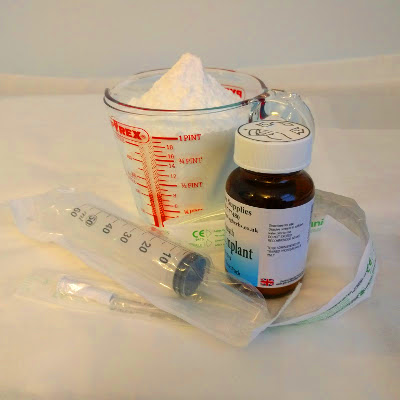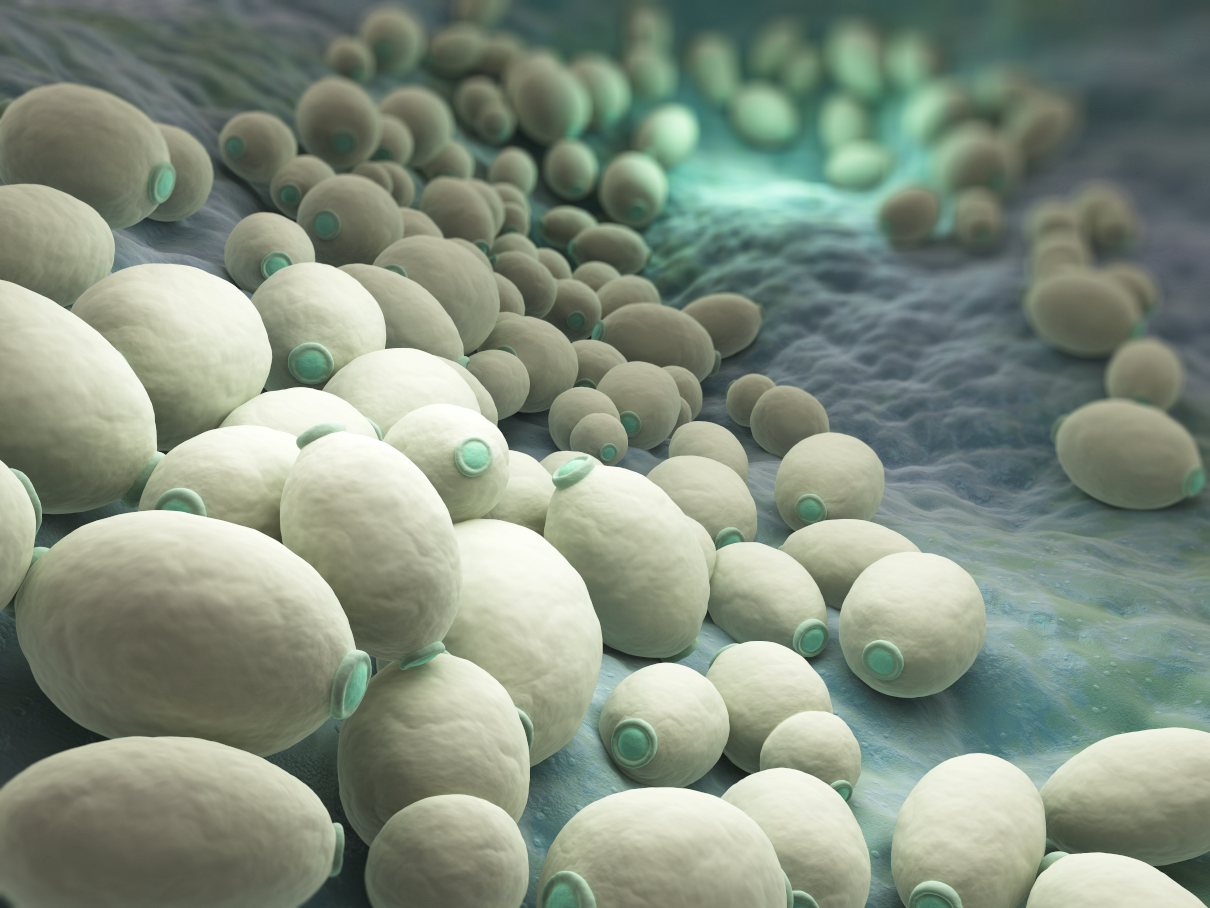
Obesity affects the intestines. As is known, the intestinal microbiota (microflora) depends quantitatively and qualitatively on many factors:
- age (the percentage of lactobacilli and bifidobacteria in the colon of older adults decreases);
- general body health state(presence of chronic gastrointestinal diseases);
- medicines (antibiotics) intake;
- genetic features of the body;
- food.
Since obesity affects the intestines, let’s figure it out.
Vanessa Ridaura and her colleagues conducted a fascinating experiment. They obtained samples of intestinal microflora in four pairs of human twins (one of each pair was slim, and the other was obese). They fed mice with fodder rich in fibre and a standard fat percentage.

Probiotic implant and alkalising colonic with bicarbonate of soda
Alkalising colonic irrigation with bicarbonate of soda and high strength probiotic implants and comprehensive consultation is available at Parkland Natural Health Clinic.
An ordinary mouse and a mouse suffering from obesity
It turned out that those mice that received the microflora of lean people retained a standard percentage of fat in the body in a few weeks, and those that received the intestinal microflora of fat people started gaining weight. When researchers placed the mice of both groups in one cage after infection and began to exchange microflora (the mice sometimes eat faeces), the microbiota of the lean “defeated” the fatty microbiota: both groups of mice remained slim.
How does obesity affect the intestines, and how does it relate to the microflora?
Based on the results of these experiments, we can assume how obesity affects the gut. In the body, a population of bacteria is still responsible for obesity. Besides, microbes accountable for reducing body weight are there too. The intake of fatty and low-fibre foods contributes to changes in intestinal microflora towards an increase in those bacteria that help to excess weight.

Food intolerance test of 208 ingredients
This is our most comprehensive food and drink test. It analyses your client’s IgG antibody reactions to 208 food and drink ingredients. This test will highlight their food triggers and help you formulate an IgG-guided elimination diet together.
Of course, it is incorrect to say that dysbiosis is the only cause of obesity. The fact is that it is a pluricausal process. However, it can lead to metabolic disturbances in the body along with other predisposing genetic, environmental and social factors. Obesity occurs when the intake and formation of energy exceed body needs.
What is one of the primary sources of energy in the body?
It is glucose, of course. The results of the experiment with mice revealed an interesting fact. In short, the composition of the intestinal microflora with elevated blood glucose (diabetes mellitus) is similar to the formation of intestinal microflora of obese mice.
Now we know how obesity affects the intestines. Colonic irrigation with the probiotic implant can restore the intestinal microflora. I also strengthen its muscles, which will reduce the risk of obesity and help deal with it.

Underarm waxing hair removal using hot beeswax
We offer our clients a procedure for armpit hair removal using Brazilian Hot Beeswax. Our masters are highly qualified and experienced in performing the removal efficiently, safely and painlessly. Removing hair in the armpits is necessary for aesthetic reasons: the more hair, the more sweat glands become irritated, and more bacteria accumulate.











